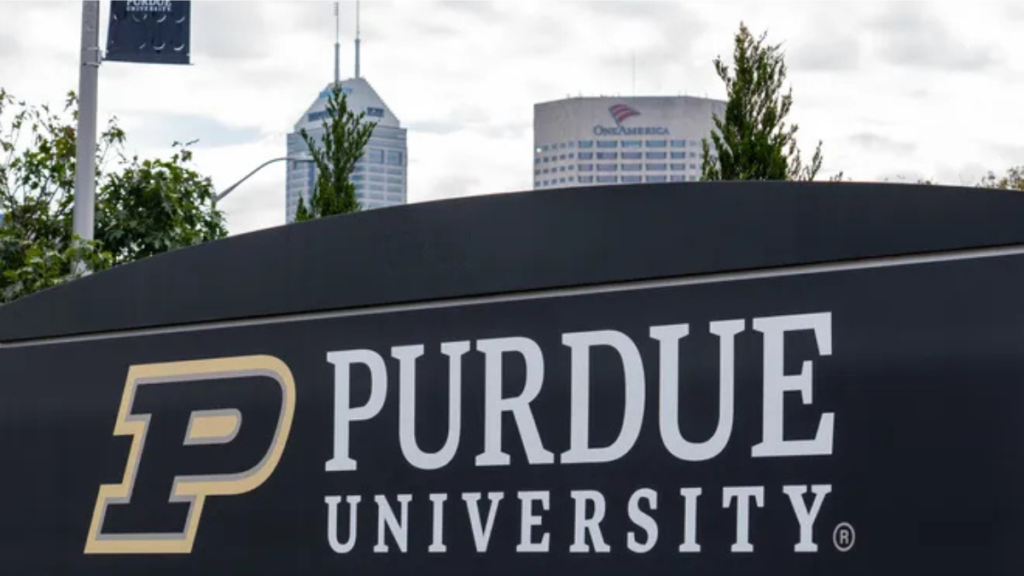Student loan collections in the USA are officially set to resume on May 5, bringing an end to a five-year pause that began during the COVID-19 pandemic. The U.S. Department of Education has confirmed that federal student loan borrowers who are in default—meaning they have not made payments for more than 270 days—will once again be subject to involuntary collections. This includes measures such as wage garnishment, tax refund withholding, and Social Security offsets.
This policy shift comes under the leadership of Education Secretary Linda McMahon, who has voiced a strong stance on fiscal responsibility. “American taxpayers will no longer be forced to serve as collateral for irresponsible student loan policies,” McMahon said during an announcement on April 21. She emphasized the importance of financial accountability and the need to enforce repayment after years of leniency during the pandemic.
What Borrowers Should Expect
While student loan repayments technically resumed in late 2023, actual collections for borrowers in default were still on hold due to temporary protections implemented by the Biden administration. That grace period is now over. The Department of Education is set to begin sending out email alerts and official notifications informing affected borrowers of the impending collections.
Borrowers who are currently in default are strongly encouraged to act immediately. The Department recommends reaching out to the Default Resolution Group, where individuals can start planning repayment strategies, enroll in income-driven repayment (IDR) plans, or begin the loan rehabilitation process. Loan rehabilitation allows borrowers to make a series of consecutive payments to bring their loans back into good standing and improve their credit record.
Consequences of Ignoring Student Loan Debt
Failing to take action could lead to serious financial consequences. According to the Department of Education, borrowers may soon see deductions from their paychecks, intercepted tax refunds, and reductions in Social Security payments. Additionally, defaulting on loans can negatively impact one’s credit score, potentially disqualifying individuals from mortgages, personal loans, or even certain job opportunities.
Wage garnishment notices are expected to begin arriving by summer 2025. Financial advisors and nonprofit organizations are urging borrowers to proactively manage their debt and avoid slipping further into financial hardship. The Federal Student Aid office offers a loan simulator tool to help borrowers calculate their monthly payments and compare repayment options.

Legal and Political Backdrop
The resumption of student loan collections comes amid ongoing legal battles and political debate. The Biden administration had previously proposed multiple forms of debt relief, including forgiveness for long-term borrowers and a more generous income-based repayment plan under the SAVE program. However, these initiatives have faced legal challenges, with opponents arguing that the executive branch lacks the authority to cancel student debt without congressional approval.
Secretary McMahon criticized the previous administration’s policies as misleading, asserting the need for clearer regulations that hold borrowers accountable. “Borrowers deserve transparency,” she said, “and the system must ensure fairness to both students and taxpayers.”
The Bigger Picture
According to recent estimates, more than five million borrowers are currently in default on federal student loans. Out of roughly 40 million Americans with student debt, only about 38 percent are current on their payments. The rest are either in forbearance, deferment, or default. Although the ability to make payments was never suspended, many borrowers delayed action due to the protections in place since March 2020.
How to Get Help
Borrowers seeking help with repayment should first check their loan status on the official Federal Student Aid website at studentaid.gov. There, they can explore various repayment plans and find tools to estimate monthly payments.
Additionally, nonprofit organizations like INvestED, based in Indiana, offer direct support. Borrowers can contact their student loan helpline at 317-715-9015 or general support line at 317-715-9007 for guidance. INvestED also conducts workshops and seminars to help incoming students navigate the FAFSA process and understand financial aid.
With collections set to resume, taking informed steps now can help borrowers avoid unnecessary financial stress and stay on track toward loan repayment.
ALSO READ
iCode: Karnataka to Introduce Coding in Government Schools
Karnataka Government urges NMC to hike medical seats
‘600/600’: Kakinada Student Nehanjani Sets Record In AP SSC Exam 2025; Check Her Marksheet
Pingback: NBSE HSSLC 2025: 82.44% Pass, Girls Shine Brighter Across All Streams -
Pingback: Delhi Cabinet Moves to Regulate School Fees: Key Highlights of the Draft Bill -